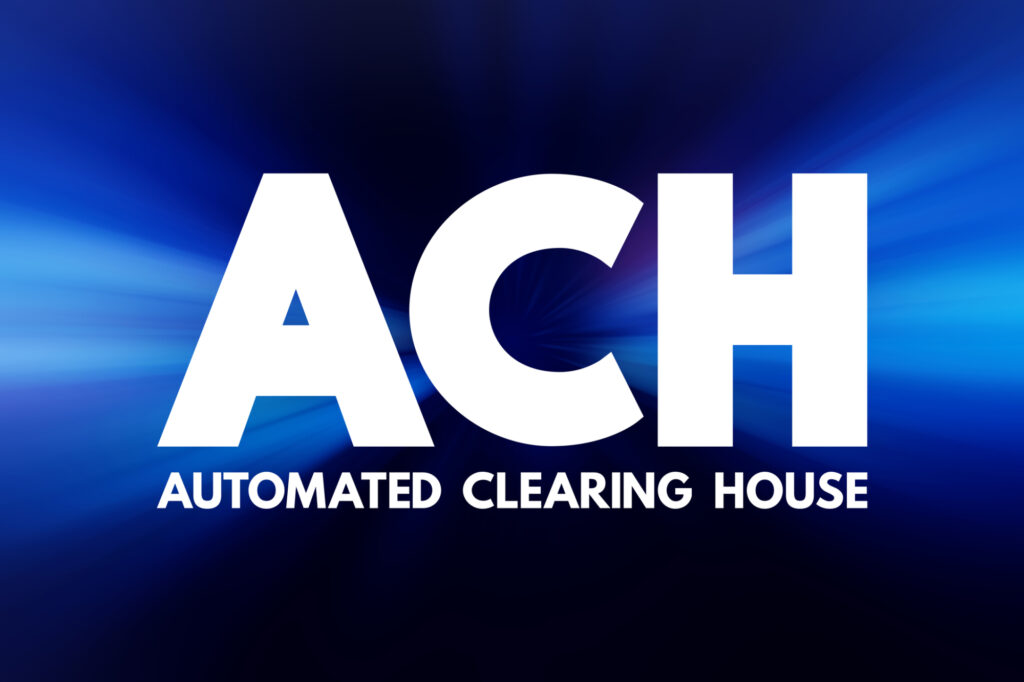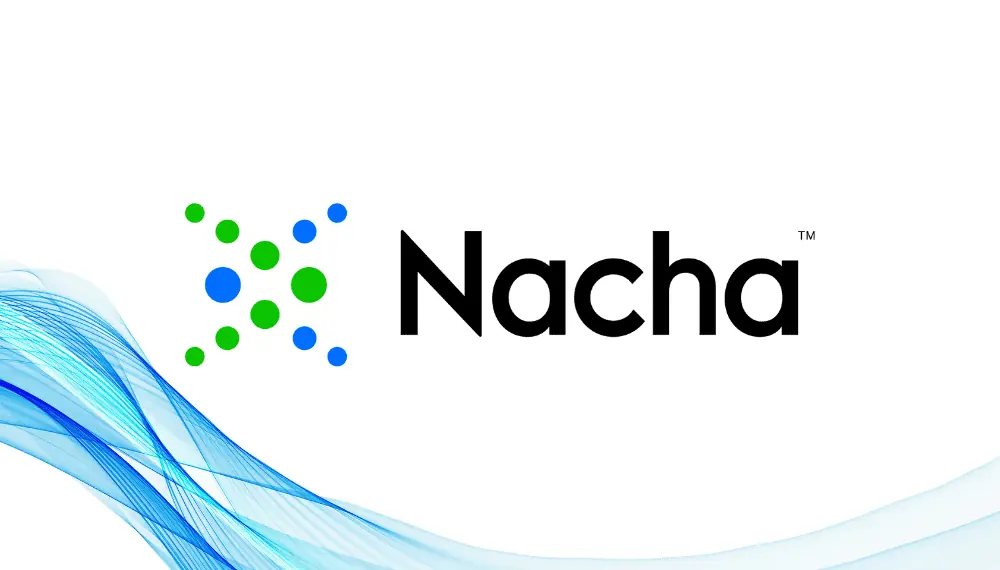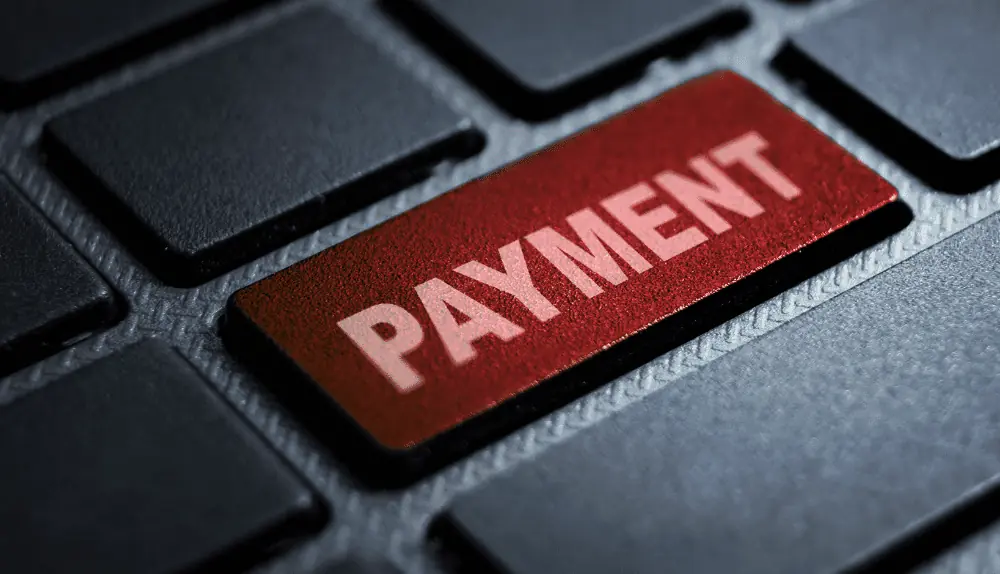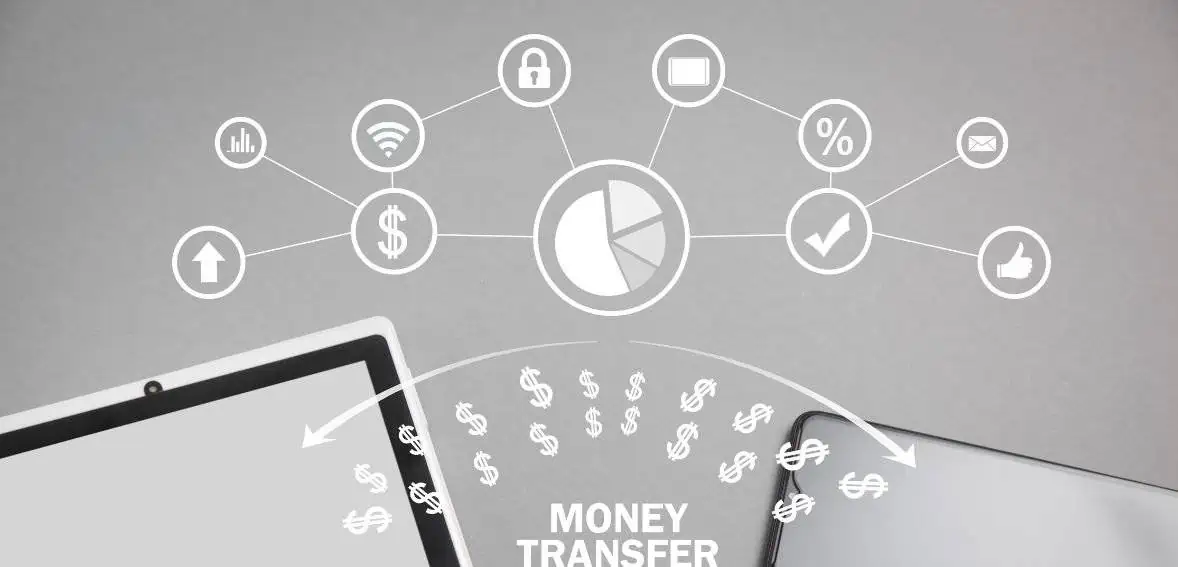ACH processing is an integral part of day-to-day business. Here is a complete list of frequently asked questions related to ACH and its processing.
ACH Processing FAQ
What is an ACH?
An ACH is an Automated Clearing House. The ACH is a network of groups that facilitate money transfers around the United States. It ensures banks can manage electronic fund transfers between one another. The process can work without a credit card, physical check, or any other traditional payment items.

Who runs the ACH?
The National Automated Clearing House Association (NACHA)operates the ACH.

What details are necessary when facilitating an ACH transaction?
An ACH transaction requires a bank account number and a routing number. These features can appear at the bottom of a traditional check. It could also be embedded in a credit or debit card. But the transaction doesn’t require either of these things to complete.
What types of ACH transfers can occur?
ACH processing entails two types of transfers. An ACH debit transaction will withdraw funds from an account. A bank may automatically withdraw some funds from your account based on whatever terms come with a deal, for example.
An ACH credit deal will move funds from an account. The customer will trigger the payment in this situation.
How does an ACH processing transaction work?

A transaction works with a few steps to keep things running:
- A company can request an ACH payment by sending an invoice to a client.
- The client will then send the invoice to one’s bank. This bank is the ODFI or Originating Depository Financial Institution.
- The bank then enters the invoice amount and includes it with the other ACH payments the bank is making that day.
- The company who requested the ACH payment will then collect the invoice payment after the bank’s daily payment batch is completed. The payment will be sent to that company’s bank or Receiving Depository Financial Institution.
- The bank will credit that company’s account for the invoice amount.
What is an ACH hold?
An ACH hold occurs when an account owner authorizes a payment, and the bank running that account reserves or holds the payment that the company will soon receive. The hold ensures the money will be reserved for the total and will not be utilized for anything else. It can take a few business days to process an ACH payment, so a hold is necessary for ensuring the funds stay in place and will go to the right party.
Why do so many businesses utilize ACH payments?
An ACH payment is easier to manage than if someone handled a check or managed manual payments. A retailer can ask a customer or vendor to authorize ACH transactions. It becomes more convenient for people to send and receive money through ACH deals.
How long does it take to process an ACH payment?
It can take about three to five business days to process a payment. The timing can vary based on the bank’s batch cutoff time and when the payment process starts. In comparison, it takes about two to three business days to process a credit card transaction.
Are same-day ACH payments available?
Some banks may support same-day ACH payments, but they will likely charge extra to facilitate those deals. Such same-day services may also be available only for high-level clients or those who have been around for a little longer.
What fees come with processing an ACH payment?
An ACH payment will cost about 20 cents to $1.50 on average. It could also entail a percentage of the total charge with rates of up to 1.5%. Regardless of the charge, an ACH payment is cheaper to manage than a credit card transaction. Credit card payments will entail fees of at least 1.5% and sometimes as much as 3% of the transaction value.
Can an ACH payment be voided?
An ACH payment can be voided before the payment is batched and moves to the ACH network. Voiding the payment prevents it from entering the network. The retailer must void the transaction before the deadline the bank establishes for its daily batch.
What can a company do if it needs to void a transaction, but the timeframe for doing so has expired?
A company will need to issue a credit to the consumer. The company must have a reserve account that has enough additional money to cover any credits that must occur.
Not all companies will qualify for this point. Those who cannot issue credits from their merchant accounts will need to write paper checks to their customers. The company could also provide a discount on a future payment the client plans on making later.
Is an ACH transaction the same as an EFT one?
An ACH transaction is an electronic funds transfer or EFT deal. EFT is a generic term utilized to define ACH payments and many others.
What makes an ACH transaction different from a wire transfer?
A wire transfer works instantly in most cases and entails two banks directly communicating with one another. It works faster than an ACH. But some wire transfers may come with additional fees, potentially making them more expensive than what a team gets with an ACH.
What types of businesses would benefit the most from ACH transactions?
ACH processing is ideal for businesses that produce recurring charges and process significant amounts of checks or invoices. It’s also for businesses whose clients do not utilize debit or credit cards as often, or they are ineligible to qualify for credit cards.
ACH processing also works for businesses that frequently complete card-not-present transactions. It may be easier to complete these transactions without spending as much money on them when ACH processing standards work.
High-risk businesses will also benefit from ACH processing efforts. These include entities that are in high-risk industries and might have struggled to set up merchant accounts. Such businesses might be rejected by merchant services providers due to how they’re likely to experience chargebacks or security issues. But an ACH transaction allows funds to move forward without requiring a credit card, making it easier for high-risk entities to collect funds.

